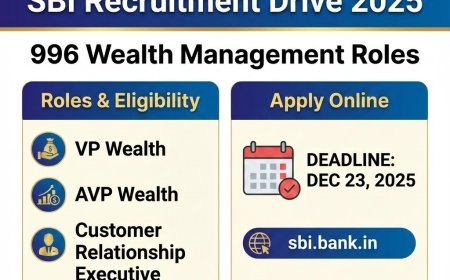Licentiate Exam Study Tips
Licentiate Exam Study Tips
The insurance industry in India is often referred to as a "new industry." Since its liberalization in 2000, the sector has grown significantly, but it still has substantial potential for expansion. As more individuals invest in insurance, the demand for skilled professionals is increasing. Here are some insights and study tips for the Licentiate Exam conducted by the Insurance Institute of India (III).
Industry Overview
- Growth: The insurance sector has seen a rise in brokers, insurers, and policyholders.
- Penetration Rate: The world average insurance penetration was 6.3% in 2013, while India was only at 3.9% in 2015.
- Demand for Professionals: A survey indicates that by 2025, around 20 lakh insurance professionals will be needed in India.
- Training Needs: Regulators emphasize the necessity for formal training in various insurance domains.
Insurance Institute of India (III)
- Founded: 1955
- Programs Offered: Executive diplomas in insurance marketing, health insurance, and insurance management.
- Exams Conducted: For agents, surveyors, marketing firms, and brokers.
Examination Scheme
Licentiate Level
- Eligibility: For students in both Life and General Insurance.
- Credit Points: Candidates need to acquire 60 credit points.
- Format: Online exams conducted by III.
- Certification: A certificate is awarded upon successful completion.
Associateship Level
- Scope: Tests knowledge across various insurance topics from a practical perspective.
- Requirements: Candidates need to earn 190 credit points in addition to the 60 from the Licentiate level.
- Total Credit Points: 240 to achieve Associateship status.
Fellowship Level
- Focus: Comprehensive knowledge across all insurance types.
- Requirements: Candidates must accumulate 490 total credit points and pass a compulsory paper.
Study Materials
- Availability: III publishes study materials for all subjects. Candidates can order them online.
- Online Registration: Candidates must register and book exam slots through the III website.
Recommended Study Tips
-
Understand Core Subjects:
- IC 01 - Basics of Insurance: Learn fundamental principles such as utmost good faith, indemnity, and proximate cause.
- IC 02 - Life Insurance: Familiarize yourself with terminology and the mechanics of life insurance.
- IC 03 - General Insurance: Cover foundational concepts and terminology related to general insurance.
-
Optional Subjects:
- Consider taking an optional paper (IC 14 - Regulation of Insurance Business) for 20 credit points.
-
Effective Study Practices:
- Read all study materials thoroughly.
- Pay attention to main ideas and concepts.
- For optional papers, memorize key dates of regulations.
-
Prepare for Computer-Based Testing:
- Get accustomed to the online exam format and interface.
- Spend the full allocated time reviewing answers, as you cannot change them afterward.
Conclusion
By following these study tips and thoroughly preparing with the provided materials, candidates can increase their chances of success in the Licentiate Exam. Good luck!
START MOCK TEST SERIES FOR LICENTIATE EXAM PREPARATION- CLICK HERE




